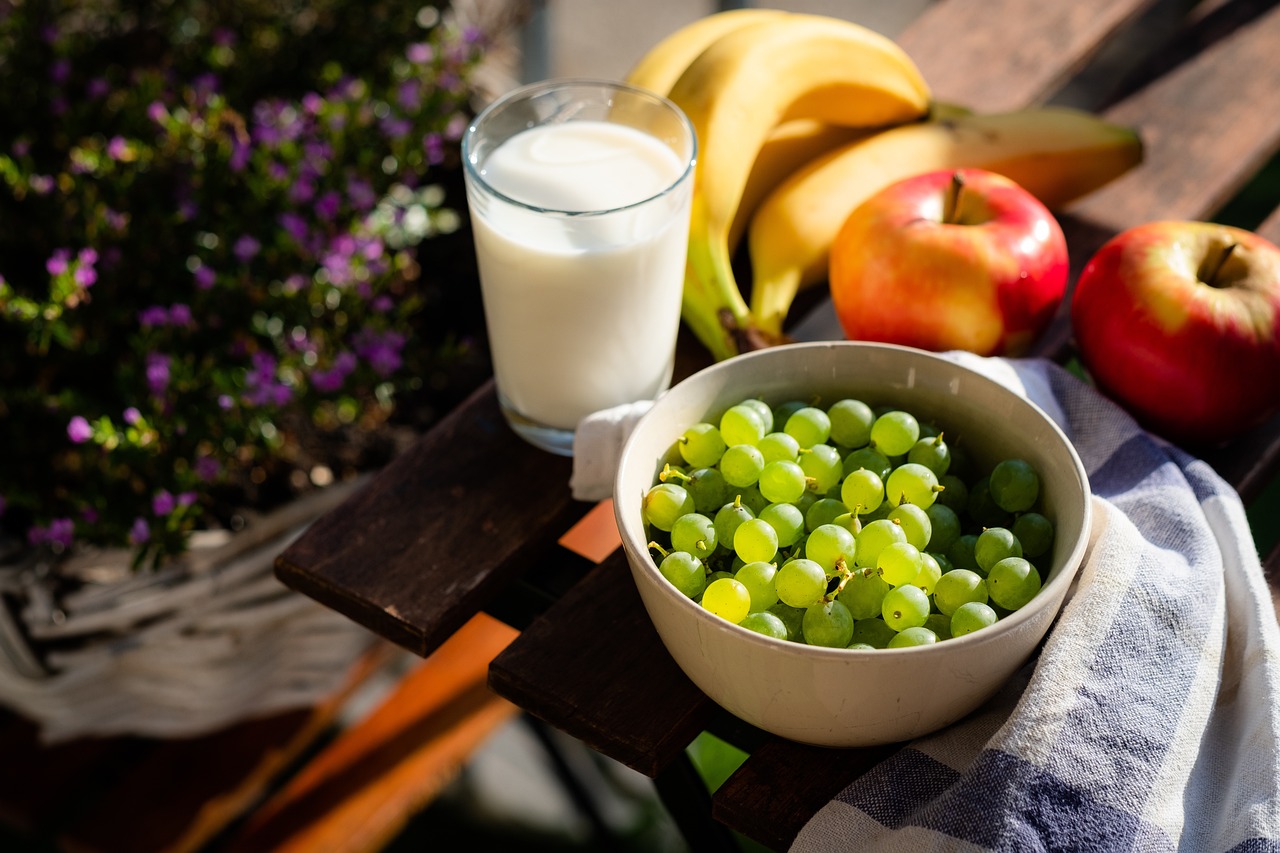When Six-Pack Meets Six-Pack: The Fitness-Alcohol Dilemma
For fitness athletes, alcohol isn’t just a lifestyle choice—it’s a biological interference. Even moderate alcohol intake can impair muscle protein synthesis, which is crucial for recovery and hypertrophy. Post-exercise, the body prioritizes repair and adaptation; alcohol disrupts this window by increasing cortisol levels and blunting anabolic hormone responses such as testosterone and growth hormone.Furthermore, alcohol dehydrates the body, compromises mitochondrial function, and impairs glycogen resynthesis, making it harder to perform well in subsequent workouts. It also interferes with REM sleep, which is essential for neurological recovery, memory consolidation, and motor skill integration.
In endurance athletes, alcohol may increase oxidative stress and inflammation, delaying tissue repair. Ultimately, drinking regularly—even in “social” amounts—can sabotage strength progression, reduce training consistency, and increase the risk of overuse injuries due to compromised neuromuscular coordination and slower recovery. For those who train with purpose, alcohol isn’t just empty calories—it’s a physiological liability.
If you’re grinding out squats on Monday and sipping cocktails by Friday, welcome to the North American fitness paradox: building muscle by day, self-sabotaging by night. In the U.S. and Canada, alcohol consumption is as culturally embedded as protein shakes and gym selfies.
But what if Canada’s edge isn’t moose milk or politeness—it’s trade policy? That’s right: due to a political standoff, some Canadians may now have fewer ways to ruin their gains, because American bourbon is simply harder to get. Yes, fitness by default.
America: Land of the Free and Home of the Drunk Bench Press
Let’s start south of the border, where alcohol is not just legal—it’s practically patriotic. The U.S. has over 140,000 alcohol-related deaths annually1, and more than 17% of adults regularly engage in binge drinking. That includes everyone from tailgaters to tech bros. Fitness influencers flex on Instagram by day and clink glasses at rooftop bars by night.
Science, however, isn’t impressed: alcohol impairs muscle protein synthesis2, disrupts REM sleep3, raises cortisol, reduces testosterone, and halts fat oxidation. But hey—those Bud Light commercials won’t watch themselves.
Canada: Less Access, Less Alcohol, More Abs?
Meanwhile, north of the border, the story takes a politically delicious turn. In 2025, Canadian provinces began restricting imports of U.S. alcohol, particularly bourbon from Kentucky. Not as a health initiative, mind you, but in response to Trump’s tariffs. Ontario and Quebec pulled bottles off shelves. British Columbia refused to buy spirits from “red states.” Suddenly, the average Canadian lifter couldn’t easily access their post-deadlift dram. Coincidence or fitness revolution? You decide.
Science Doesn’t Care About Your National Anthem
Regardless of borders or ballads, the science is clear. Alcohol consumption—even moderate—can undermine athletic performance. It reduces muscle recovery, compromises immune function, increases inflammation, and encourages fat storage. One glass of wine might not ruin your PR, but two or three weekly happy hours?
That’s a different story. Canadian health authorities now recommend no more than 2 drinks per week4. Yes, week. That’s fewer than many Americans consume during one episode of “The Bachelor.”
But Are Canadians Really Drinking Less?
Surprisingly, yes—slightly. Canadian youth are embracing “sober curious” trends, kombucha over cocktails, and even trading whiskey for weed. Legal cannabis may have helped reduce alcohol dependence, though it brings its own concerns. Meanwhile, Americans still treat alcohol like a lifestyle accessory. The difference?
Canadians are increasingly guided by science; Americans are still guided by marketing. Also: Canadians can’t just grab a bottle of Buffalo Trace at the corner store anymore—thanks, Donald.
Fitness Takeaways: Sweat, Sleep, and Skip the Scotch
If you care about hypertrophy, endurance, or simply not feeling like a hungover sack of inflammation—alcohol deserves scrutiny. It messes with glycogen storage, dehydration, and motor control. That PR you missed last week? Might not be your shoes. Cutting back on alcohol, especially post-training, could be the easiest performance boost you’re not paying for (unless you count the cab ride home).
And if you’re in Canada, congratulations: your country might’ve done it for you.
Canada—Not Just Fitter, But Politically Sobriety-Enhanced
Canada and the U.S. share cultures, sports, and waistlines—but not always wisdom. Through science-backed health policy and a pinch of accidental Trump-induced prohibition, Canada may have stumbled into a lower-alcohol fitness advantage. It’s not discipline. It’s trade war fitness. Sometimes, to beat your neighbor on the bench press, you just need his bourbon banned.
Sources:
1. CDC: Alcohol-Related Disease Impact Data (2023)
2. Parr et al. (2014): Alcohol ingestion impairs muscle protein synthesis post-exercise
3. Roehrs & Roth (2001): Sleep, sleepiness, and alcohol use
4. Canadian Centre on Substance Use and Addiction (2023): Guidance on Alcohol and Health













